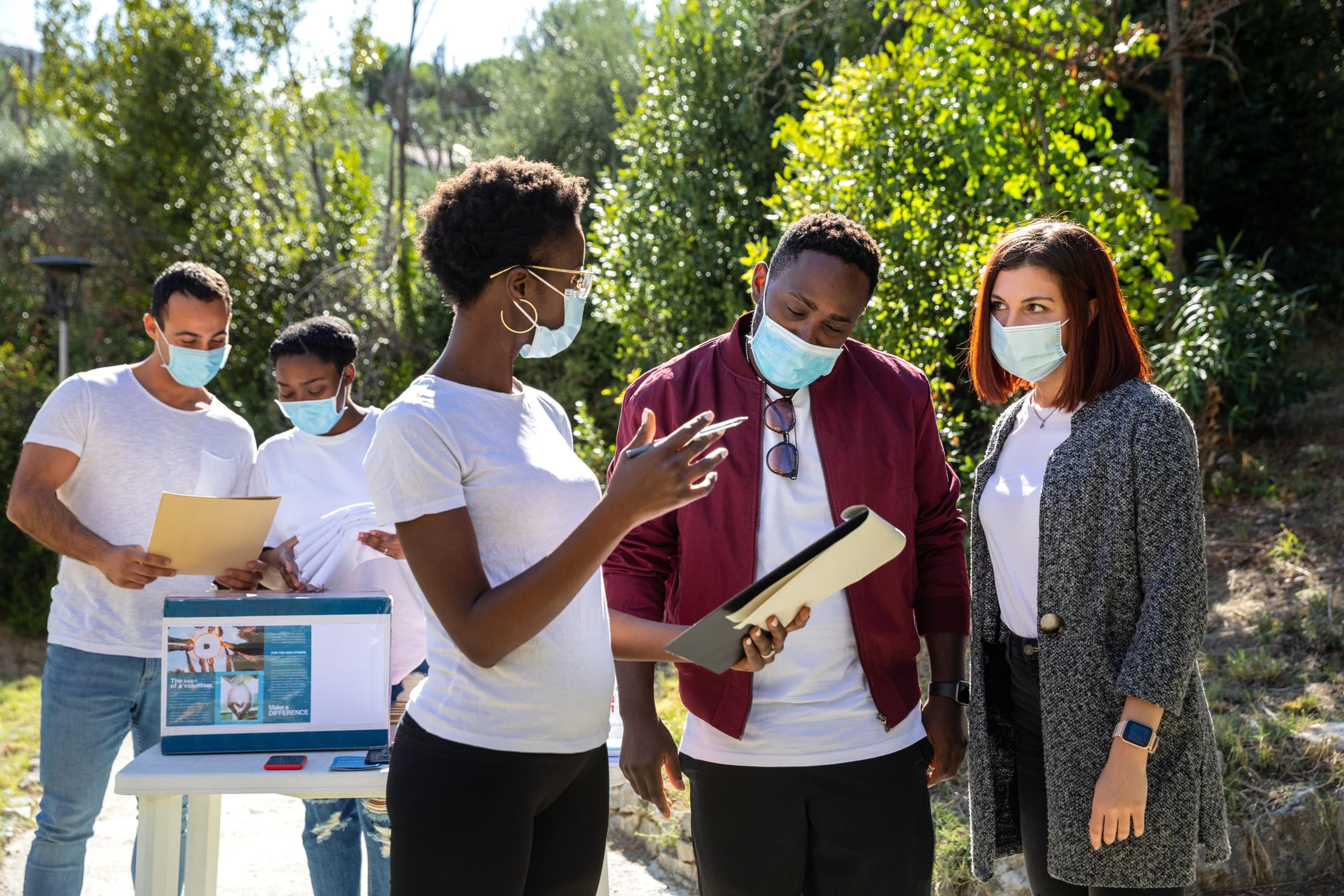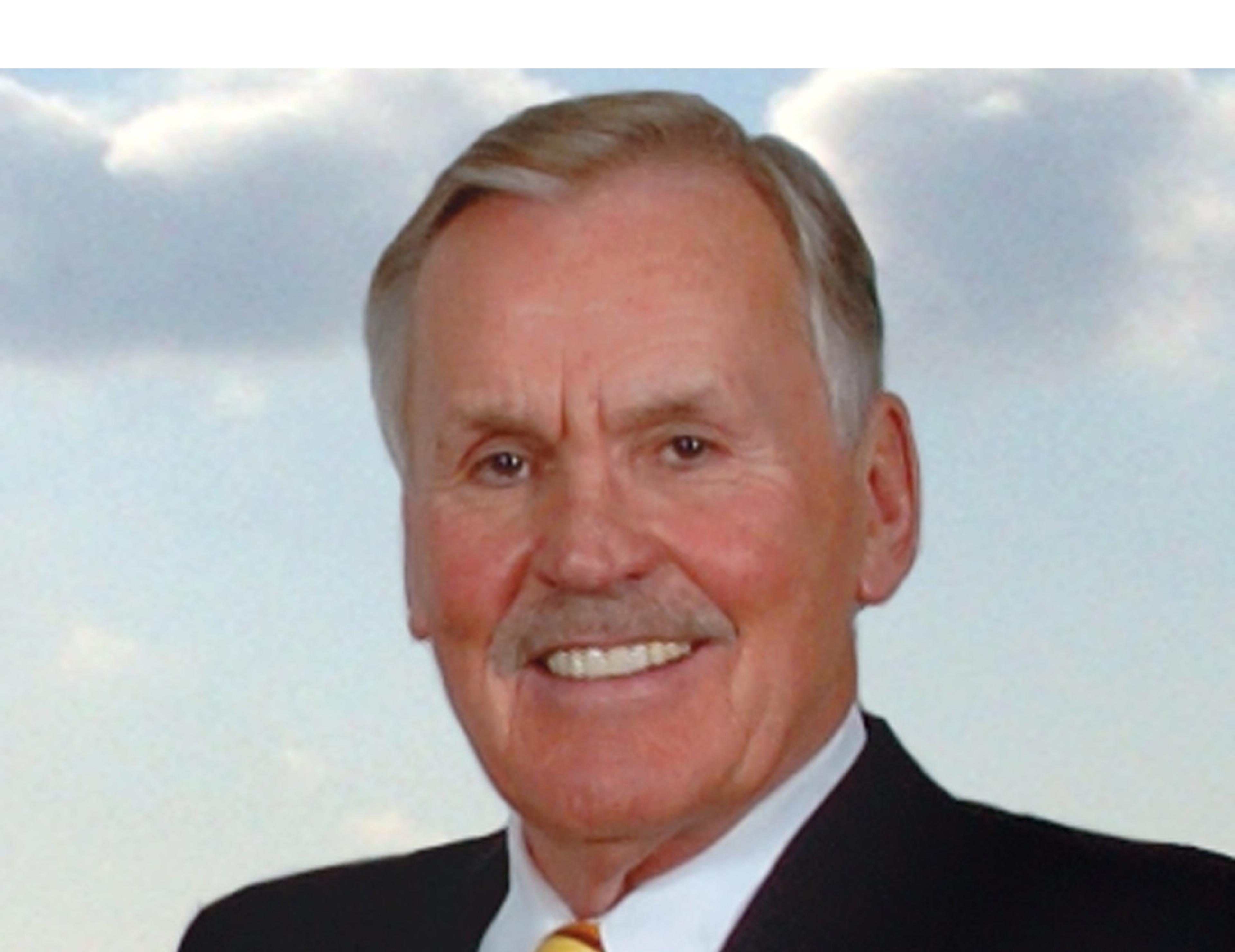
We believe our business should reflect and represent the broad diversity of the communities we serve. For many years, Blue Cross Blue Shield of Michigan and our enterprise companies have championed inclusion in all aspects of our business. The diversity of our workforce, our longstanding partnerships with community leaders and deep engagements within communities prepared us to take meaningful action in 2020 as a pandemic exposed existing, systemic health disparities and issues of civil rights and racism confronted our nation’s conscience.
Equity in Action
COVID-19 shined a light on health and health care disparities, as well as the impact of social determinants of health. For example, African Americans represent 14 percent of Michigan’s population, yet they represented 40 percent of the deaths from COVID-19. Blue Cross focused on health and health care disparities as part of our response to the pandemic, but disparities in health outcomes aren’t just related to COVID-19. Disparities are often influenced by lack of access to care, lack of insurance and underinsurance, environmental and social living conditions, bias in health care delivery and other factors. The pandemic revealed the harmful impact these social determinants of health can have in our most vulnerable communities, and why we need to acknowledge and address them. In 2020, Blue Cross worked with community partners and grassroots organizations to make sure residents had the information they needed to help decrease the spread of COVID-19. To address more long-term solutions, Blue Cross also established an Office of Health and Health Care Disparities to focus on assessment, data collection and analytics to identify and understand health care disparities among members. While working to address health equity and respond to the immediate impacts of COVID-19, Blue Cross Inclusion and Diversity efforts in 2020 also included:
- Launch of unconscious bias education program to provider organizations representing more than 4,500 primary care physicians.
- Blue Cross employees were appointed to the Michigan Coronavirus Task Force on Racial Disparities and the Licensing and Regulatory Affairs Implicit Bias Guidelines Committee.
While these external efforts are important to addressing the health outcomes of the diverse populations we serve, we know that change begins within. Inclusion and diversity are a cornerstone of our culture at Blue Cross Blue Shield of Michigan. In 2020, 112 Inclusion and Diversity learning sessions were hosted with more than 5,000 employees attending at least one session and cumulative attendance totaling more than 22,800. We also hosted a dynamic Employee Resource Network program to foster discussion, learning and engagement from all levels of our employee base. Membership in ERN programs increased to more than 4,600 employees in 2020.
Addressing Social Justice
Lasting social change comes from listening, learning and taking action. Blue Cross Blue Shield of Michigan has committed to taking these steps toward a stronger future of diversity and inclusion. In June 2020, Blue Cross President and CEO Daniel J. Loepp joined nine other Detroit business leaders to speak out against racism, amid national protest demonstrations triggered by the killing of George Floyd, a Black man from Minneapolis, by police officers. Moving forward, Blue Cross committed to continuing to listen and learn from communities across Michigan through advisory councils that are active in Lansing, Grand Rapids, Kalamazoo, Traverse City, Marquette, the Great Lakes Bay region, Oakland/Macomb counties, Flint, and Southeast Michigan. In each area, we invite representatives from faith-based, cultural, community, business, nonprofit, health care and other organizations to participate in a dialogue focused on community concerns. We are taking action to continue providing corporate contributions and grant funding to communities across the state that are addressing barriers to access and disparities in health care that hold back communities of color. These efforts include supporting the health care safety net, reducing food insecurity and removing barriers to care while also supporting the expansion of mobile testing related to COVID-19 and prenatal care in our communities. Read the full 2020 Annual Report






